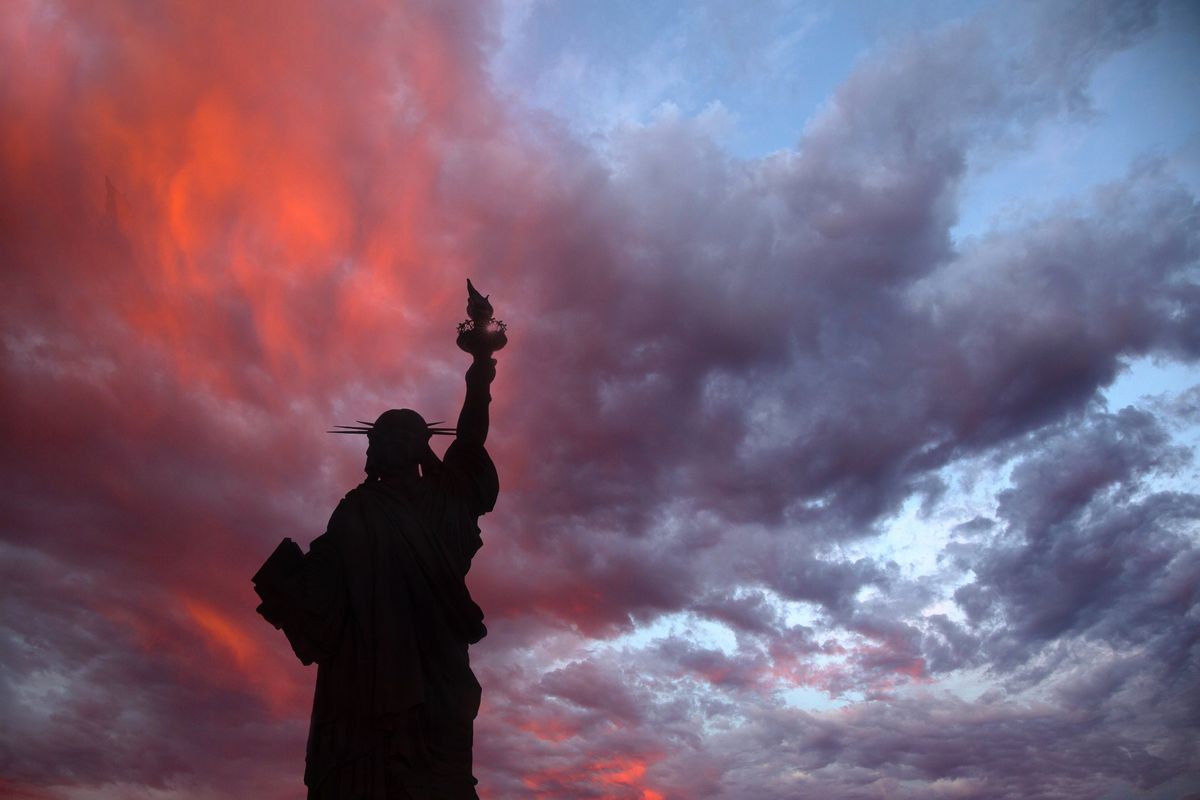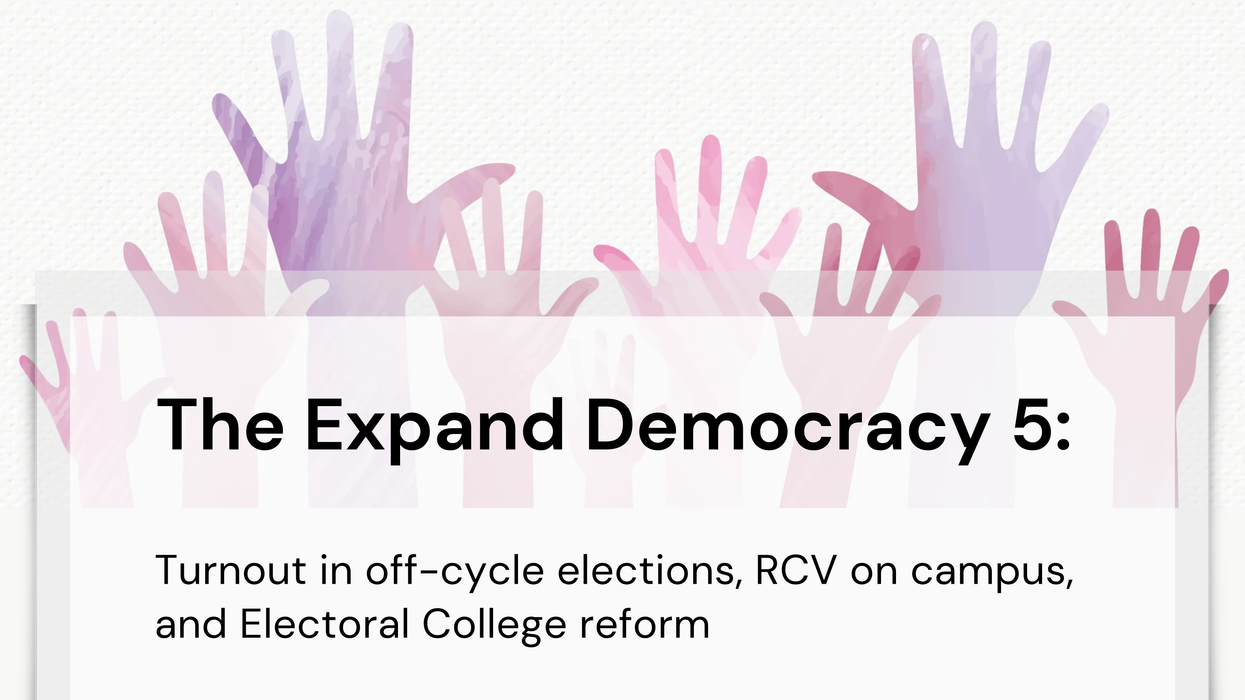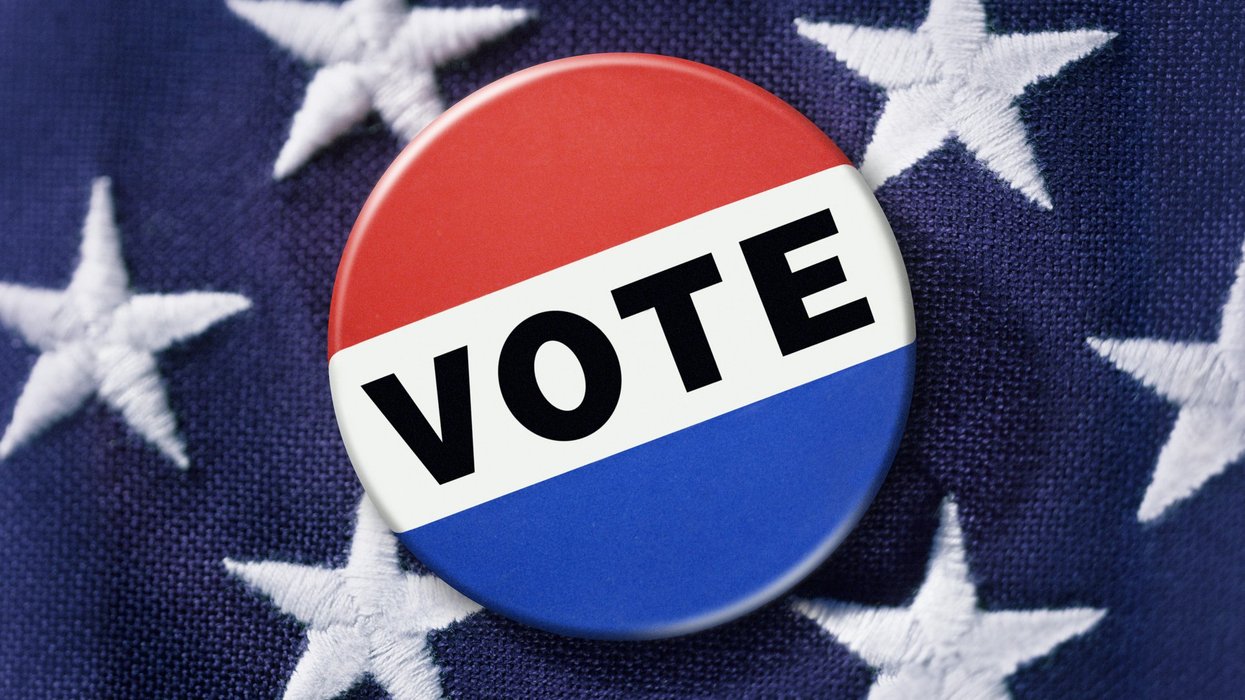For those who see the steep decline in congressional functioning as central to why Washington seems broken, the response to tonight's televised address by President Donald Trump could create a bellwether moment.
If the president declares some sort of immigration national emergency and then asserts the gravity of the situation gives him unilateral authority to construct a border wall, he will launch one of the most important balance-of-power fights in recent memory.
Whether this divided Congress stands up to such an assertive claim on executive power will go a long way to determining if this president and his successors can push their dominance of the federal system to new heights, or whether the legislators are capable of drawing a bright line on executive overreach or even clawing some power back for themselves.
The speech is set for 9 p.m. Eastern. After balking a bit, and questioning whether the gravity and immediacy of the situation on the border warrants a disruption of prime-time programming, all four of the major broadcast networks (ABC, CBS, FOX and NBC) will join the cable news channels in carrying the address.
The president is also heading to the southern border Thursday, when the partial government shutdown created by the impasse over the wall will close in on the record for the longest ever. The administration has formally requested $5.7 billion for a "steel barrier" along the Mexican border, and Democrats in Congress have to this point signaled an unwillingness to spend anything on what the president would describe as a wall.
Sign up for The Fulcrum newsletter
The consensus view of constitutional and legal scholars is that citing a "national security crisis" along the border as justification for circumventing Congress – and its bedrock power of the purse – to start wall construction would be a dramatic testing of the limits of presidential power that would be ripe for a legal challenge. Whether lawmakers themselves would have the legal standing to sue, or would have to be content to provide support to others more tangibly affected by the move, seems an open question.
But the moment would still create an unusually ripe one for Congress to assert itself. And an inability to seize the moment could have lasting consequences for a legislative branch that has yielded all manner of power and prestige to the "imperial presidency" under the stewardships of Republicans and Democrats alike in the decades since Watergate.
For example, both George W. Bush, during the Iraq War, and Barack Obama, after Russia annexed Crimea, declared that national security emergencies gave them unilateral power to order construction of facilities that Congress had not agreed to fund. The money in those cases was siphoned from accounts for other Pentagon programs. Congress did not object.
"If he goes through with it, the House of Representatives will have oversight hearings and they'll complain, but it takes action in the House and the Senate to override what he is doing. The power of the purse is with Congress," said James Thurber, an expert on the balance of legislative and executive power at American University.
The president has the power to declare national emergencies, and doing so gives him enhanced executive powers to work around limits on his customary authority. A law enacted after Watergate requires the president to tell Congress which statutes he's citing to declare emergencies. But his ability to make such declarations has been challenged successfully in the courts. The question would be whether members of Congress could persuade the courts that the president was acting under what amounted to false pretenses.




















